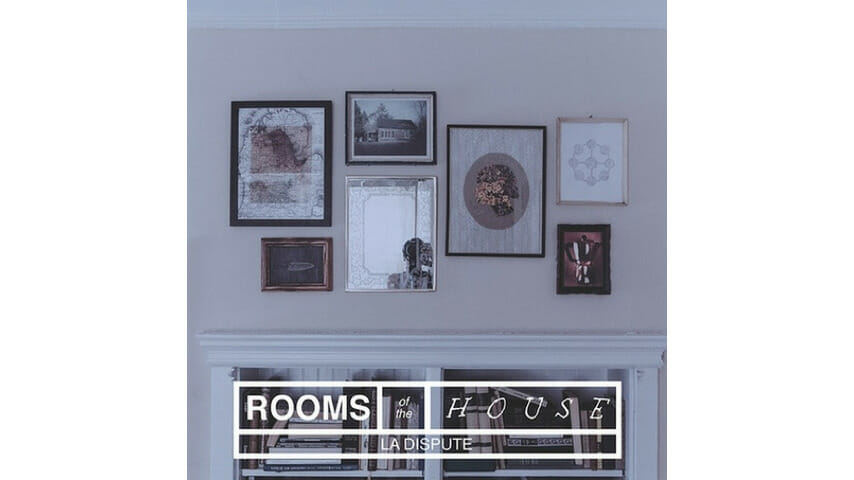La Dispute: Rooms of the House

La Dispute could be accused of being too straightforward in their emotional narratives, unafraid of pouring every emotion, relationship, opinion and reason for writing inside of their work. But to claim this negates all the subtlety and precision in how the stories are told, and how music and voice are used to inflect emotional highs and lows.
-

-

-

-

-

-

-

-

-

-

-

-

-

-

-

-

-

-

-

-

-

-

-

-

-

-

-

-

-

-

-

-

-

-

-

-

-

-

-

-








































